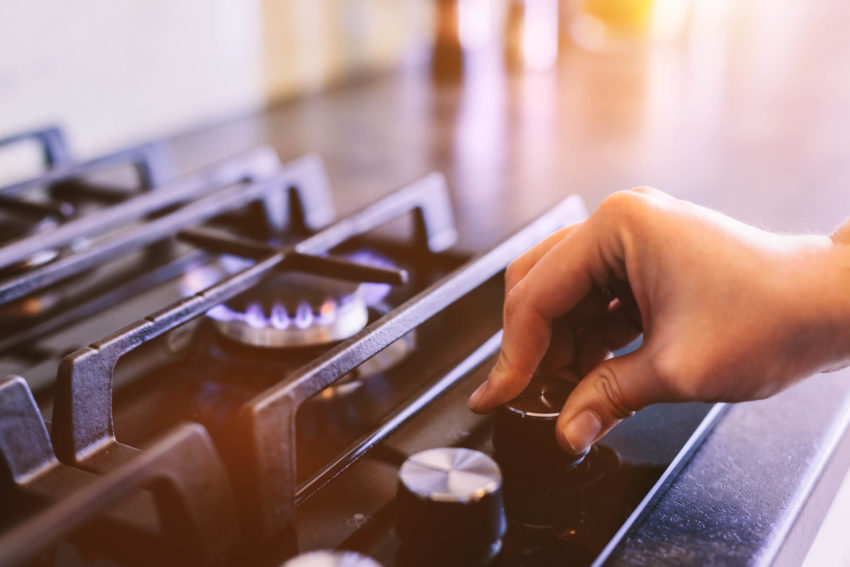Alternative energy sources for community schemes
Owners in community schemes often do not have the same unrestricted access that people in freehold properties have when it comes to alternative energy sources (such as solar). It is therefore appropriate to consider what one can do to become less reliant on the grid for some of your appliances, especially those that use significant amounts of electricity, such as the geyser and stove.
LP Gas as an alternative
LP Gas is an alternative energy source which is less expensive than electricity and produces less greenhouse gas emissions and is therefore an option worth considering. Gas appliances are also generally energy efficient and cost less to run than electrical appliances.
As with any purchase, it is important for you to do the research to ensure that you are buying the right product at the right price and that it suits your needs, and that the entire installation is permitted by your community scheme.
Invest in a gas geyser
This is an appliance or apparatus that heats the water that passes through it. When you open a hot water tap a sensor detects the water flow and the gas burner fires, and the heat exchanger works to heat the water. This heater therefore heats but does not store hot water. Stored hot water cools and the electricity that was used to heat it is a wasted expense. So, with a gas heater you would only be heating the water that you require heated and therefore you have efficiently heated the water you used. This heater is tankless and might be suited to your community scheme however the gas bottle/s will need to be stored in a safe, caged and permitted position.
Invest in a gas hob and oven
Like the gas water heater, the hob will be provided with instant usable heat. The oven cooker should ideally be a dual powered oven which uses electricity when electricity is available but that you switch over to gas when there are blackouts or when the country is called to reduce their power usage. The current legislation allows one to have a 1 x 9kg gas cylinder stored in the kitchen and can be kept in the under-counter cupboard adjacent to the gas hob or cooker. You can have other gas bottles outside but these gas bottles will need to be stored in a safe, caged and permitted position.
Consider insurance needs
When purchasing either of these options, you should also consider your insurance needs.
- When fixed to the unit (bolted or built in), insurance cover can be included in the buildings sum insured, the item will need to be specified, and the difference in premium will be added to your levy.
- Free standing gas top and gas bottles, as these are not fixtures, insurance cover must be obtained by the unit owners home contents insurance company. It is recommended that you provide proof of insurance cover to the Body Corporate for record purposes.
It is requirement and crucial that the gas installation is installed by a professional company, and a Certificate of Compliance (COC) is issued for the installation.
Final thoughts
Ultimately, although there remains challenges when it come to finding alternative energy sources be it solar or gas, it is becoming increasingly important that we consider these options as we navigate our way through the nation’s energy struggles.
Your property manager is a valuable resource, there to assist you and your body corporate through decision making processes such as this one. Wakefields Property Management provides a dedicated business unit comprising of a portfolio manager, secretary, book-keeper and collections clerk – all of whom are there to help ease the task of running an efficient and well-managed property. Contact us today at contact@wakeprop.co.za to learn how we can help you.
READ MORE

































